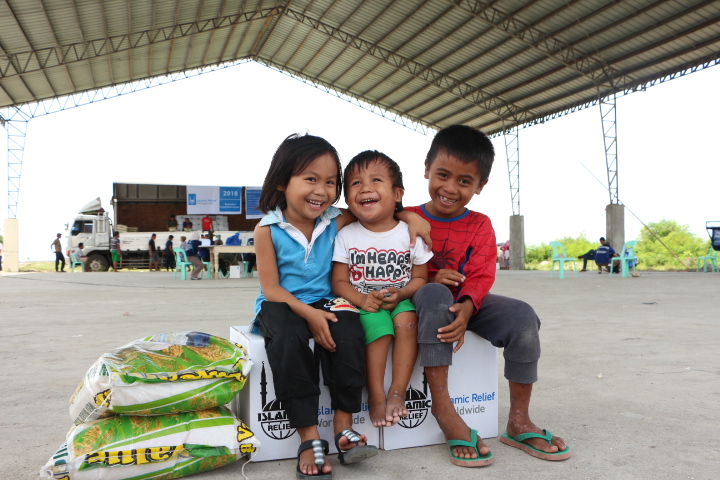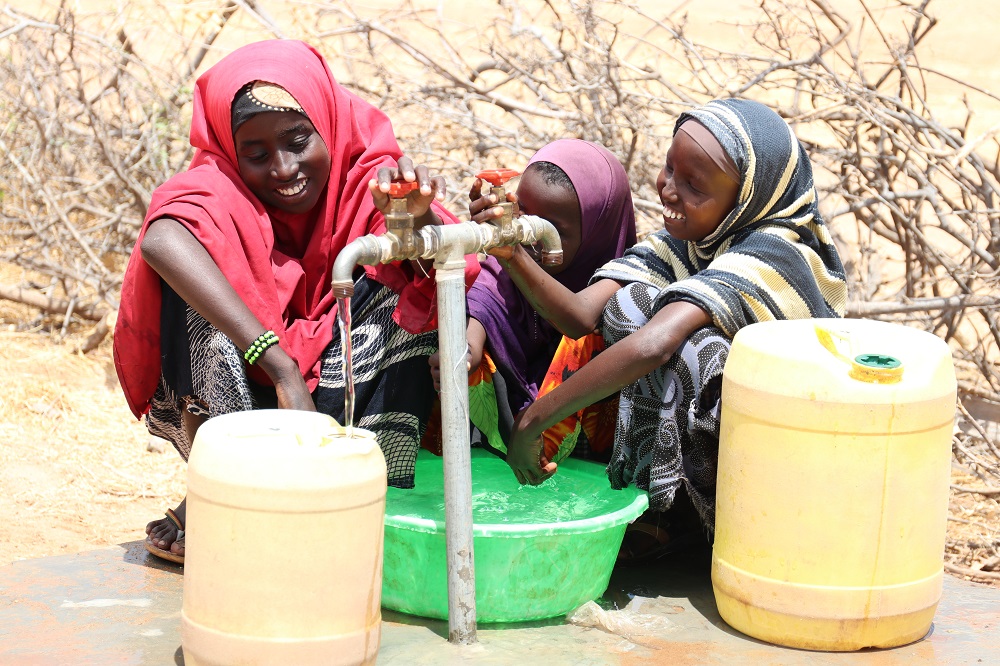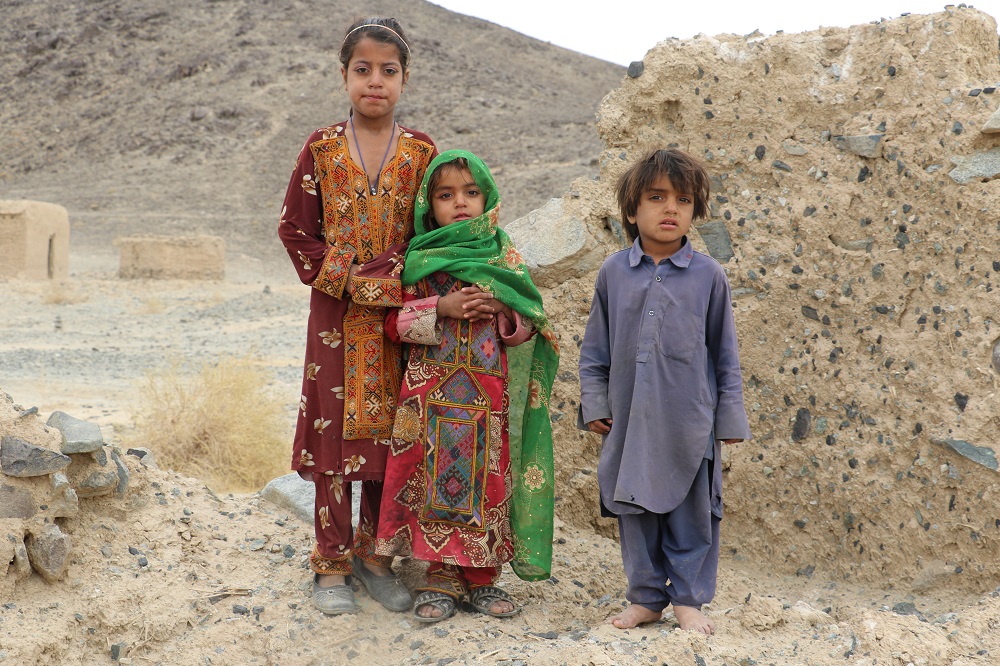This International Day of Living Together in Peace, Islamic Relief continues vital work to build social cohesion and resilience. Here, our programme manager responsible for conflict prevention and peacebuilding, Paul Quinn, reports on a major programme taking a tailored approach in four countries.
Islamic Relief’s conflict prevention and peacebuilding programme embodies the principles of promoting peace, tolerance, inclusion, understanding and solidarity that this day promotes internationally.
Linked strongly to the UN’s 2030 sustainable development agenda which emphasises the importance of “peaceful and inclusive societies for sustainable development”, our work is building social cohesion and improving the resilience of local communities in four countries across Africa, South Asia and Southeast Asia.
We need inclusive and comprehensive approaches if this is to be achieved in a sustainable manner. Islamic Relief is determined that no-one be left behind and to ensure our work has the maximum positive impact, our projects work with local governments, communities, faith leaders, traditional leaders, women and young people.
It is also the reason that each project is tailored to the unique and individual needs of the communities we serve.
Supporting the national peace process in the Philippines
Living together in peace and harmony is a long-term process. In the Philippines, Islamic Relief is working to support the national peace process, engaging the Office of the Presidential Adviser for the Peace Process to ensure our work provides peace dividends in the region. Education and awareness-raising are critical.
We’ve led community consultations with government representatives to highlight progress in the peace process, and are keeping local communities informed about the government transition in the region.
By doing this, we open channels of communication, dialogue and cooperation that build trust at the local level, complementing the crucial work at the national level.

Promoting dialogue through peace councils in Kenya
In Mandera, close to Kenya’s border with Somalia, the security situation has posed challenges for communities. Islamic Relief is building peace and supporting the government’s conflict management efforts. Our team has held dialogues between the community, local peace groups and city government.
We put women, youth, peace and security at the heart of our work.
Recently, Islamic Relief set up eight youth and women peace councils in collaboration with the regional authorities. They provide structured platforms for dialogue on issues affecting the community and ensure no one is left behind.
We’re also supporting local conflict resolution mechanisms, which bring together clan elders, faith leaders, young people, women, and government officials for inter-clan dialogues.
To make sure our approach is most effective we’re using both new and old technologies. Our team take part in radio peace talk shows and developed early warning mechanisms by creating social media groups which raise the alarm quickly when there is an escalation in the local security situation. This contributes to safety and security within the community, and allows us to assess the factors affecting peace and stability, tailoring our activities to respond.

Addressing climate change to boost resilience and cohesion in Pakistan
Efforts to build community resilience and social cohesion must address the impacts of climate change which are being felt at the local level.
In Pakistan, we’re addressing climate-related issues, particularly freshwater availability. Islamic Relief is engaging local government and community elders, and supporting local social structures to open valuable channels of communication.
We are investing in local water infrastructure to improve water supply, and reinforcing this with vocational support which is unlocking livelihoods and economic opportunities for young people.
The local government provides technical support and we have set up 60 village organisations to enable dialogue and communication – promoting cooperation within the community and with local government. This is increasing community confidence and complements the work of local government, building the resilience of communities and improving water management in the region.

Shaping community action plans and opportunities for young people in Indonesia
In Indonesia, we’ve held dialogues with regency government and local peace forums. This has helped shape community action plans in social cohesion, disaster risk reduction, and economic empowerment especially for women and young people.
In line with the UN’s ‘Youth 2030’ strategy, Islamic Relief is supporting youth empowerment initiatives in the country, offering training and skills development to boost local livelihoods. Dialogue forums include young people, forging a positive relationship between young people who once felt marginalised and the wider community.

The Islamic Relief programme is set to complete in 2021 and combines approaches to dialogue, cooperation, development and humanitarian action.
This Ramadan, discover how you can help bring about change for good and join us in giving, acting and praying for a better world. Take action. Donate now.










